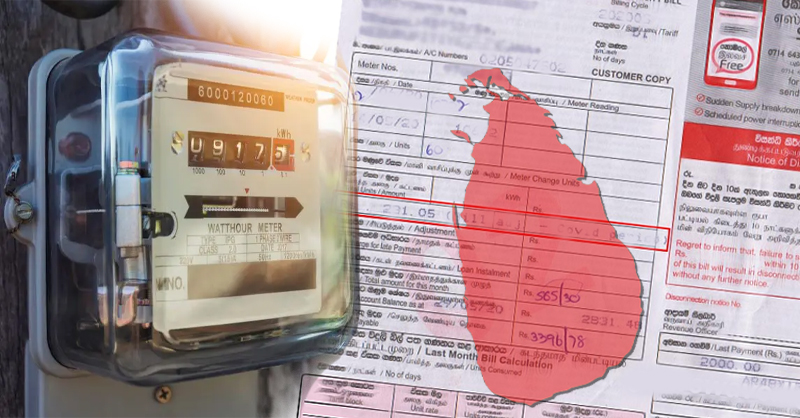Colombo Sri Lanka, January 19, 2025 (LankaBIZ) – Sri Lanka’s Minister of Energy, Kumara Jayakody, has announced the government’s commitment to reducing electricity tariffs as recommended by the Public Utilities Commission of Sri Lanka (PUCSL). The initial phase, implemented on January 17, 2025, features a 20% overall reduction in electricity bills, with a long-term plan to achieve a 30% tariff reduction over three years for domestic, hotel, and industrial sectors.
Minister’s Statement
In a special statement on January 18, Minister Jayakody acknowledged the relief this reduction brings to the public, emphasizing its importance in supporting households, industries, and the hotel sector. He expressed pride in the government’s ability to address challenges while delivering significant benefits to citizens and businesses.
The tariff revisions, now effective, are expected to contribute to economic recovery, enhance business competitiveness, and reduce financial burdens on households.
PUCSL’s Tariff Revision and Implementation
The PUCSL recommended a 20% average tariff reduction for the first six months of the year, with implementation managed by the Ceylon Electricity Board (CEB) under the Ministry of Energy and Ministry of Finance’s guidance.
Sectoral Impacts of Electricity Tariff Reduction
- Domestic Sector
- Relief to Households: Reduced electricity costs will alleviate financial burdens, especially for low-income families. Increased disposable income may boost household consumption in other sectors.
- Social Equity: The focus on a phased reduction ensures sustained affordability for households, supporting economic inclusion.
- Hotel Sector
- Boost to Tourism: Hotels will benefit significantly, with reduced operational costs enhancing profitability. Lower tariffs may also support competitive pricing, attracting more tourists and improving Sri Lanka’s position in the global market.
- Investment in Quality: Cost savings can be reinvested to upgrade facilities, improving customer experiences.
- Industrial Sector
- Enhanced Competitiveness: Industries, particularly energy-intensive ones, will experience reduced production costs, improving profit margins and export potential.
- Encouragement of Investment: Lower energy costs may attract local and foreign investments, fostering industrial growth.
- General Purpose and Public Sector
- Reduced tariffs for businesses and government entities will improve financial efficiency, enabling resource allocation to critical development projects and public services.
- Environmental and Renewable Energy Implications
- Strengthening the renewable energy sector remains a priority, with plans to settle arrears to renewable energy producers. This initiative will encourage investment in sustainable energy sources, aligning with national goals for renewable energy generation by 2030.
Broader Impacts
- Economic Growth
- Lower energy costs across all sectors will stimulate economic activity, boost employment, and enhance the country’s GDP growth potential.
- Inflation Control
- Reduced tariffs can mitigate inflationary pressures, as lower energy costs translate to reduced prices for goods and services.
- Public Sentiment
- Tariff reductions address public concerns over rising living costs, fostering goodwill towards the government and enhancing social stability.
- Sustainability
- The government’s phased reduction plan supports long-term energy affordability while ensuring financial sustainability for energy providers.
Challenges and Recommendations
While the tariff reduction initiative is beneficial, it presents challenges, such as ensuring the financial viability of the Ceylon Electricity Board and maintaining reliable energy supply. To address these:
- Strategic Pricing: A periodic review of tariffs can ensure a balance between affordability and sustainability.
- Renewable Energy Investments: Accelerating the transition to renewable energy will reduce dependence on fossil fuels, stabilize costs, and contribute to environmental goals.
- Energy Efficiency: Promoting energy-saving practices among consumers and industries will optimize resource usage and reduce waste.
Conclusion
The reduction in electricity tariffs marks a transformative step in Sri Lanka’s economic and social landscape. By prioritizing affordability for households, supporting industries, and fostering growth in the hotel sector, the government aims to enhance livelihoods and stimulate economic recovery. Effective implementation and strategic planning will be key to sustaining these benefits while meeting the nation’s long-term energy needs.















